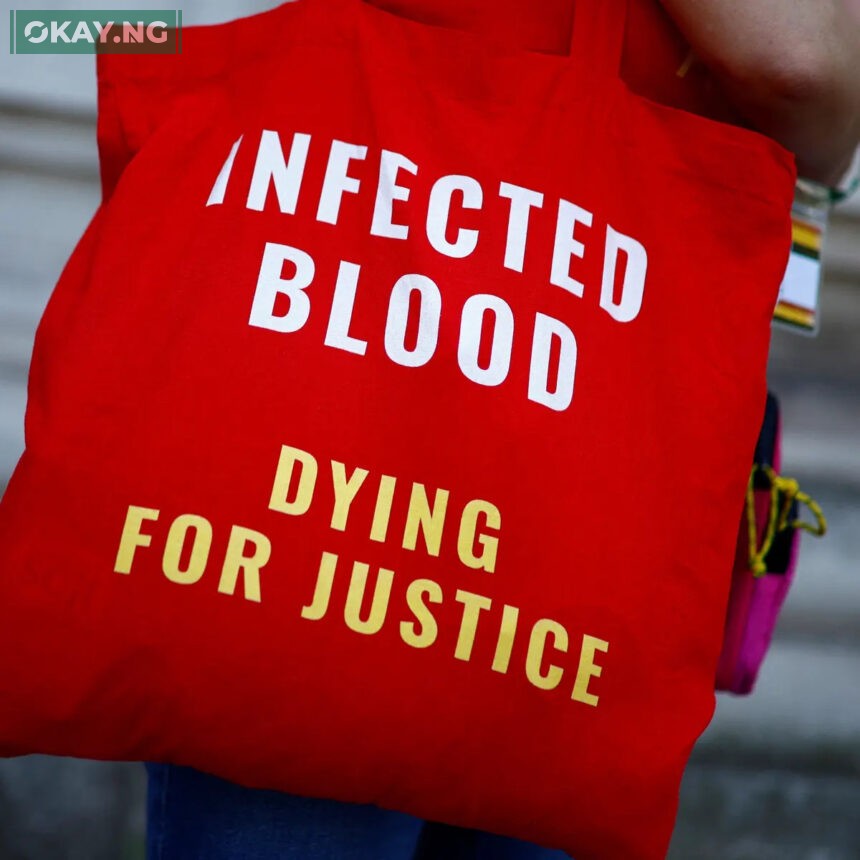The Infected Blood Scandal is one of the most significant and tragic events in the history of public health. This article aims to answer the most asked questions about the scandal, providing a comprehensive understanding of the events, the impact, and the ongoing consequences.
What is the Infected Blood Scandal?
The Infected Blood Scandal refers to a series of events where thousands of people were infected with HIV, Hepatitis C, and other blood-borne diseases through contaminated blood products, primarily Factor VIII and Factor IX, which were used to treat hemophilia and other bleeding disorders. The scandal primarily took place between the 1970s and 1990s.
Who Was Affected?
- Hemophiliacs: A significant number of those affected were individuals with hemophilia who received contaminated Factor VIII or IX.
- Patients: Many patients received infected blood transfusions after surgery or childbirth.
- Families: The impact extended to families, with many losing loved ones or caring for chronically ill relatives.
How Many People Were Infected?
| Disease | Estimated Number Infected | Deaths |
|---|---|---|
| HIV | 1,250 | ~50% |
| Hepatitis C | 30,000 | 2,050 |
Could YOU Unknowingly Be at Risk?
The risk today is minimal due to stringent screening processes. However, if you received a blood transfusion or blood products in the UK before 1991, there is a possibility of having been exposed to contaminated blood.
What Compensation Will Victims Receive?
The UK government has announced compensation schemes for victims, with Rishi Sunak issuing a wholehearted and unequivocal” apology.
Key Findings from the Inquiry
- Scale of the Scandal: Tens of thousands were infected, and it’s considered the worst treatment disaster in NHS history.
- Government and Medical Failures: There were significant delays and failures in protecting patients.
- Impact on Lives: Lives, dreams, and families were destroyed, with ongoing physical and psychological pain.
Current Status and Recommendations
The final report of the Infected Blood Inquiry, led by Sir Brian Langstaff, has highlighted a “catalogue of failures” and is expected to make significant recommendations for compensation and systemic changes within the NHS.









